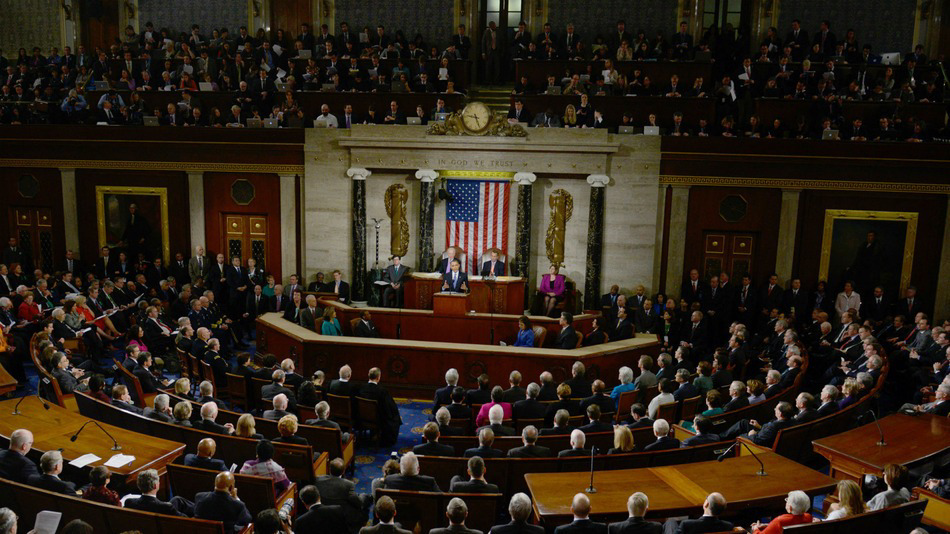In his annual State of the Union Address last week, President Obama mentioned several policy initiatives he plans on advancing that could have an impact on the small businesses across the country.
Payroll and human resources provider Paychex, Inc. says there are seven key issues from the State of the Union that are likely to affect the nation’s small businesses:
- Minimum Wage: The President announced that he will issue an executive order – an authorizing measure not requiring Congressional approval – to raise the minimum wage for workers on future federal contracts to $10.10 an hour. He also asked Congress to support increasing the across-the-board federal minimum hourly wage to the same $10.10 rate, and challenged employers to voluntarily elevate wages in the interim.
- Retirement Savings: The President mentioned the growing concern that many Americans lack sufficient savings for retirement. Through executive order, the President will direct the Treasury Department to form a new retirement savings program called 'myRA.' The myRA will have a rate of return guaranteed by the government and be targeted toward those without access to a workplace retirement savings plan. Contributions would be voluntary, likely with modest minimum levels, and automatically withheld by employers from the paychecks of participating employees.
- Immigration Reform: President Obama reiterated his strong desire for immigration reform this year, asking Congress to work together to create a comprehensive bill that includes a path to citizenship for the nation’s nearly 12 million illegal immigrants. While previous versions of immigration reform legislation have included provisions related to the E-Verify program and work visas, it is unknown if these would be included in any potential legislation.
- Unemployment Insurance: There was a call for Congress to renew recently expired emergency benefits for the long-term unemployed. The President also urged businesses to voluntarily hire those who have been out of work for an extended period of time, and cited several large employers who are currently embracing that approach or have pledged to do so.
- Workplace Fairness: Another area emphasized by the President was a renewed priority to ensure fair and employee-friendly workplace regulations. A specific example cited by the President was the need for additional action regarding pay equity for women.
- Job Training: The President announced that Vice President Biden will drive an initiative to reform federally funded job training programs to ensure they provide students and workers with the skills employers need in the current economy.
- Infrastructure Spending: The President indicated he will push for Congressional support to rebuild the nation's infrastructure, noting he will use his executive authority to streamline the process and make it easier for businesses to secure permits for federal construction projects. He also signaled his intent to drive tax reforms, including the ‘closing of tax loopholes’ to help pay for these initiatives.
—
List from Paychex Inc.
Thanks for reading CPA Practice Advisor!
Subscribe Already registered? Log In
Need more information? Read the FAQs
Tags: Accounting, Benefits, Payroll




